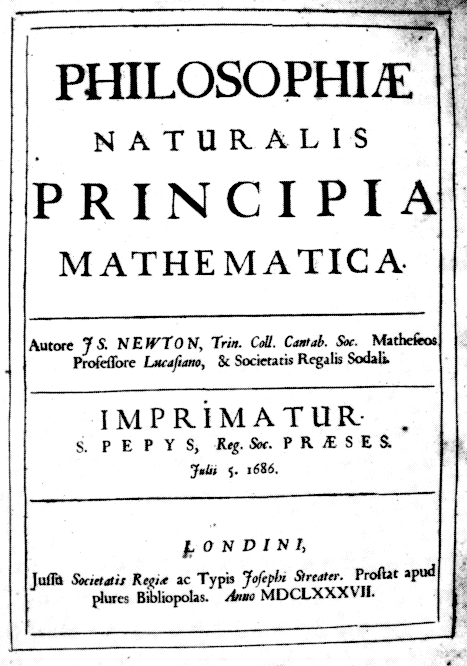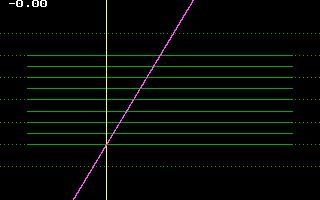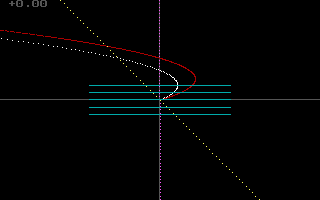
| Home |

|
PREFACE | PRIMEVAL | SPECIAL | GENERAL | CONCLUSION |
| Dictionary | Events | Aristotle | Galileo | Newton |
 |
|---|
| I. Newton (1642-1727) |
Isaac Newton embraced Galileo's Principle of Relativity. Newton developed his Laws of Motion, which respected the Galilean Principle of Relativity.

NEWTON'S LAW OF MOTION
Moving an object with twice the mass will require twice the force.
Force is proportional to the mass of an object and
to the acceleration (the change in velocity).
F=ma.
Newton's Law of Inertia and Law of Motion are mechanical laws of physics, and should respect the Galileo Principle of Relativity.
That is to say:
 Newton's Law of Inertia respects the
Galileo Principle of Relativity
Newton's Law of Inertia respects the
Galileo Principle of Relativity
 (280 kb)
(280 kb)
 (24 kb)
(24 kb)
This is the same animation from Galileo's Spacetime
 Newton's Law of Motion respects the
Galileo Principle of Relativity
Newton's Law of Motion respects the
Galileo Principle of Relativity
 (200 kb)
(200 kb)
 (17 kb)
(17 kb)
The white curve is the worldline of the above object. It is a parabola
The red curve is a congruent parabola,
drawn in just to show that the original
parabola has not changed under the transformation.
| Home |

|
PREFACE | PRIMEVAL | SPECIAL | GENERAL | CONCLUSION |
| Dictionary | Events | Aristotle | Galileo | Newton |